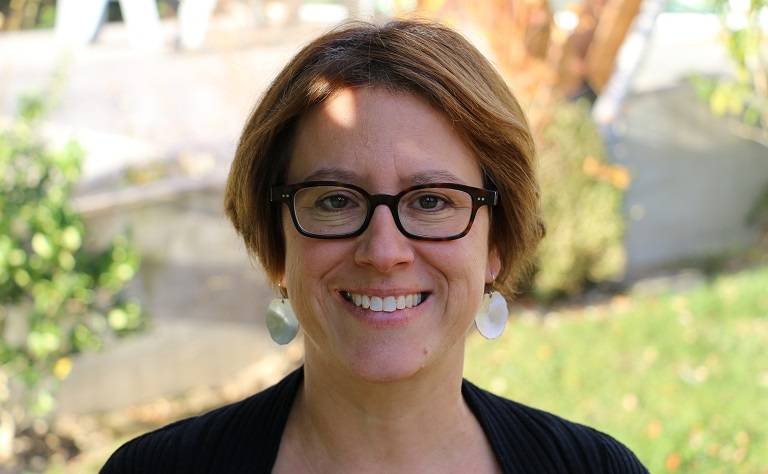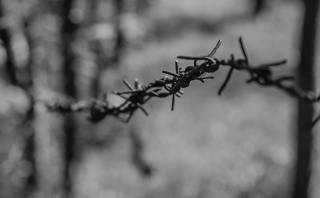Torture Prohibition and Prevention: Bridging Law and Practice
21 November 2017
An interview with Isabelle Heyer, Research and Advocacy Advisor at the Geneva-based Association for the Prevention of Torture (APT).

Could you talk me through the main activities of the Association for the Prevention of Torture (APT)?
The APT is an international NGO that was founded 40 years ago. We have about 20 staff members in Geneva, where the APT is based, three staff in our regional office in Panama and one national delegate in Brazil. Our mandate is to ensure that societies are free from torture and that all persons deprived of their liberty have their rights respected. Concretely, we have three main strategies in pursuit of this goal: First, we aim to strengthen the legal framework on torture, so we advocate for the ratification of the UN Convention Against Torture (CAT) and its Optional Protocol (OPCAT). We also advise states on how to implement both the CAT and the OPCAT. For example, we help them to ensure that torture is prohibited in domestic legislation and that all the provision of the CAT enter the national legal framework.
Second, we promote the improvement of detention practices, with a particular focus on groups in situation of vulnerability in detention. This is linked to the result of the research project commissioned by the APT and led by Richard Carver and Lisa Handley (which culminated in the publication of the book "Does Torture Prevention Work?", Liverpool University Press, 2016). This study confirmed that detention safeguards significantly lessen the risk of torture.
Third, we strengthen the capacity of national bodies who are in charge of monitoring detention so that they are able to assess whether safeguards are implemented and respected in practice (and not just in law). We work with authorities and civil society from basically the moment a state ratifies the OPCAT, thereby committing to set up an independent national preventive mechanism (NPM), up to the creation of the body, including the key process of selecting NPM members. Then we train these mechanisms on how to effectively conduct visits to any place where people are deprived of their liberty.
I had wanted to ask you how we can bridge the gap between law and practice. But you anticipated my question!
Yes, this is one of the key challenges, and we really want to emphasise the role of NPMs in the operationalisation of the legal safeguards, and, more broadly, in monitoring the implementation of the different preventive measures identified by the Carver and Handley study.
This morning, you mentioned that we also need to focus on psychiatric institutions. Why?
The OPCAT definition of places of deprivation of liberty is very broad, i.e. it encompasses all places from where a person is not permitted to leave. So it includes not only prisons or police stations, but also less "traditional" places such as psychiatric institutions, where people can be placed against their will and are very vulnerable to abuse. We think this issue demands further research and regular attention from monitoring bodies. This is why we organised a Symposium on monitoring psychiatric institutions last year for National Preventive Mechanisms.
This interview was conducted by Tommaso Bernabo, MSc Global Governance and Ethics. It was recorded at the inaugural meeting of the UK Network on the Prohibition of Torture on 2 November 2017.
Isabelle Heyer has 15 years' experience working in the field of human rights with international and national non-governmental organisations in Switzerland and Latin America. She has been working at the Association for the Prevention of Torture (APT) since 2011, first as Americas Programme Officer and, since 2016, as Thematic Advisor. Prior to joining the APT, she worked, in particular, for the International Commission of Jurists and the Colombian Commission of Jurists. Isabelle holds a Master's degree in History from the University of Geneva and an LL.M in International Law of Human Rights and Criminal Justice from the University of Utrecht.
 Close
Close


